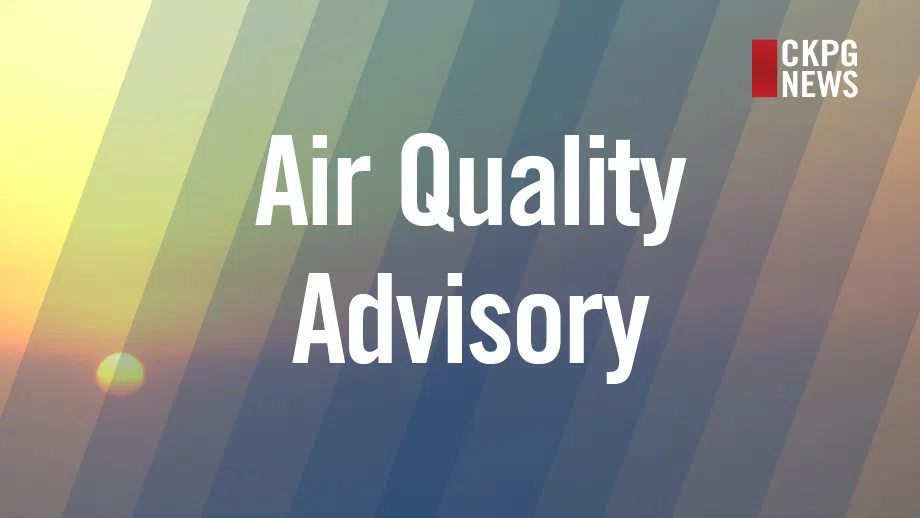
Burns Lake Air Quality Update
SMITHERS – An Air Quality Advisory for Burns Lake has been issued and remains in effect due to high concentrations of fine particulate matter.
The Ministry of Environment and Climate Change Strategy in collaboration with Northern Health has put this advisory is in effect until further notice.
Anyone with chronic underlying medical conditions should postpone strenuous exercise until the advisory is lifted. Staying indoors and in air-conditioned spaces helps to reduce fine particulate exposure. Exposure is particularly a concern for infants, the elderly and those who have diabetes, and lung or heart disease.
Restrictions on open burning are now in effect for the Lakes Timber Supply Area until Sunday, November 11th at 9:00 am. For the duration of this advisory, the use of woodstoves is prohibited within the Village of Burns Lake, unless the woodstove is the only source of heat in a dwelling.
